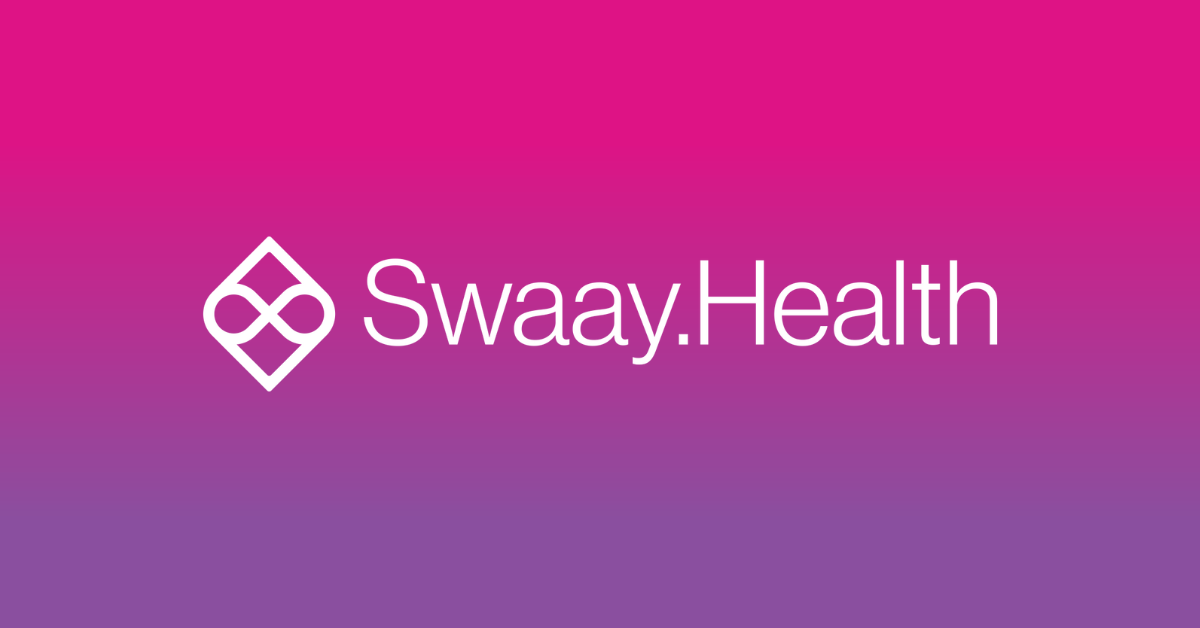



The Swaay.Health Live 2024 conference, formerly known as HITMC, brings together healthcare tech vendors, healthcare organizations, marketing agencies, media, associations, and healthcare industry consultants. From May 6 to 9, we attended the Atlanta conference, where we got an up-close look at what sets this annual event apart from the rest.
A refreshing departure from the “conference-as-usual,” Swaay.Health Live lived up to its commitment to fostering open dialogue. From lively debates to workshops to “unconference sessions” where participants drove discussion topics with a list of questions gathered the day before, the agenda encouraged collaborative learning and critical thinking — and plenty of networking.
Kristy Dickinson, founder of healthcare app Chronically Simple, kicked off the conference with a powerful keynote speech reminding us of why we're all here – to better patients' lives. As a rare disease patient and self-described healthcare disruptor, Dickinson highlighted the fragmentation plaguing our current healthcare system and reminded us that we all play a role in helping to pull together as one greater healthcare team.
We came back with new connections – and more than a few powerful ideas on innovative marketing strategies that resonate with today’s healthcare customers.
Here’s a sampling of our key takeaways.
One of the biggest themes at Swaay.Health Live was the crucial need for healthcare technology vendors to truly understand the challenges, priorities, and buying processes of their customers. A panel of healthcare decision-makers provided invaluable insights:
The takeaway? Generic marketing won't work. You must deeply understand your target customers' worlds and tailor your messaging and engagement to their precise needs.
The potential of AI in augmenting marketing capabilities was a hot topic, with sessions like the debate over "Leveraging AI for Smarter Healthcare Marketing Campaigns" exploring responsible implementation to avoid misuse. Discussions of AI centered on it both as a marketing tool and a technology being adopted in healthcare.
The bottom line? Ignoring AI is not an option for B2B healthcare marketers.
Multiple sessions stressed the paramount importance of thought leadership content as the foundation for successful healthcare marketing:
Only pushing product won't work. Healthcare buyers want guidance from credible industry voices and experts, with teams looking more and more to credible media for guidance.
In the SEO realm, the consensus was clear: adapt or risk being lost in the "sea of sameness." The "Winning Healthcare SEO Strategies" session provided a roadmap to get your SEO in shape:
The key is to continually evolve and move beyond just keywords to create content that truly answers your audience's questions and intent.
In the "Clear Path to Yes" session, speakers emphasized that clear, concise language is critical for driving action with B2B healthcare marketing:
The gist? Don't let jargon and complicated language be a barrier. As one panelist put it, “Clarity is a competitive advantage.”
A comprehensive review of healthcare topics covered in the media revealed intriguing trends and shifting priorities within the healthcare industry.
The selection process for marketing software requires careful consideration, with an emphasis on finding partners deeply entrenched in the healthcare industry and capable of delivering tailored solutions to address specific needs.
As the healthcare industry continues to evolve, embracing emerging trends, leveraging advanced technologies, and prioritizing customer-centric marketing strategies will be essential for staying ahead of the curve.
By harnessing the power of collaboration and knowledge-sharing, B2B healthcare tech marketers can continue to innovate. Swaay.Health Live 2024 provided the perfect platform for incubating this kind of innovation with ample opportunities for exchanging actionable insights that will move us all toward driving meaningful impact in the lives of patients and providers alike.


Spot On co-founder and partner Susie Kelley is dedicated to leveraging technology to advance innovative solutions in highly regulated industries. Driven by the opportunity to elevate brands, she co-founded Spot On in 2012 after having spent 15 years honing her marketing skills in an agency. Susie leads business development with a personal touch, focusing on building lasting relationships with clients to meet — and exceed — their goals for business growth.
Get the latest and greatest posts sent straight to your inbox.


